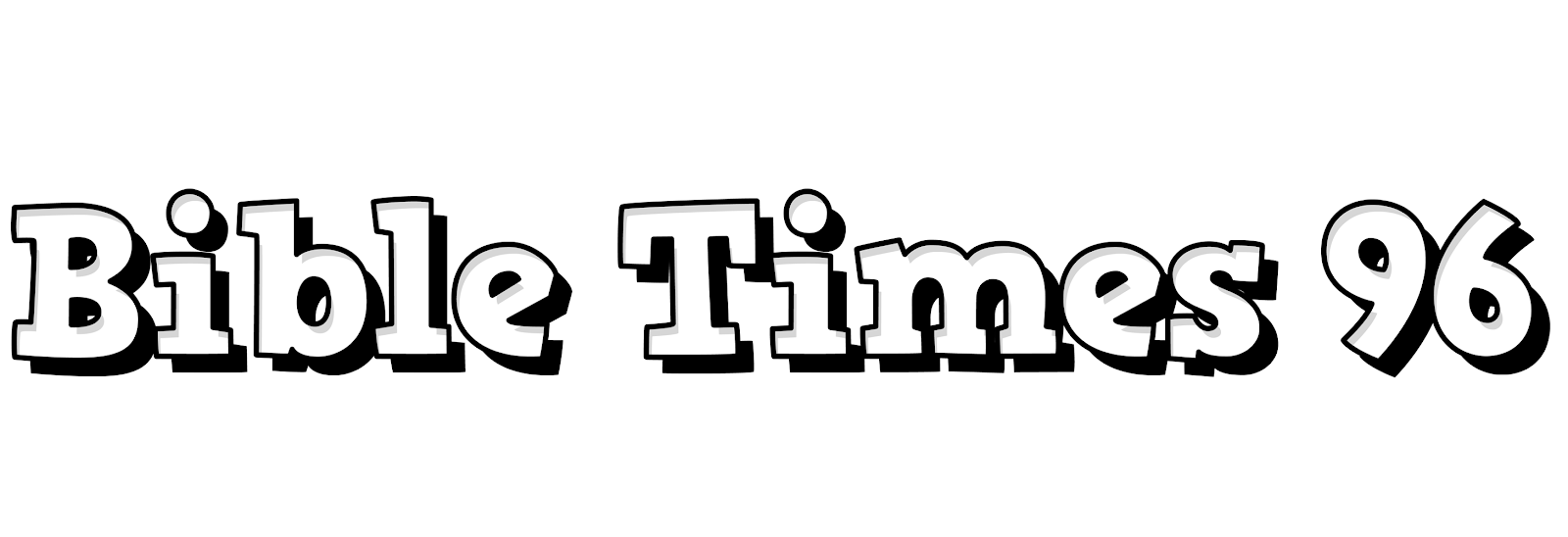Christian
Hymn
Guide Me, O Thou Great Jehovah
Verse
1
Guide
me O Thou great Jehovah,
Pilgrim
through this barren land.
I am
weak, but Thou art mighty;
Hold
me with Thy powerful hand.
Bread
of Heaven, Bread of Heaven,
Feed
me till I want no more;
Feed
me till I want no more.
Verse
2
Open
now the crystal fountain,
Whence
the healing stream doth flow;
Let
the fire and cloudy pillar
Lead
me all my journey through.
Strong
Deliverer, strong Deliverer,
Be
Thou still my Strength and Shield;
Be
Thou still my Strength and Shield.
Verse
3
Lord,
I trust Thy mighty power,
Wondrous
are Thy works of might;
Thou
hast saved and freed helpless sinners,
“It
is finished” ends our night:
Thou
didst conquer, Thou didst conquer,
Sin,
and Satan and the grave,
Sin,
and Satan and the grave.
Verse
4
When
I tread the verge of Jordan,
Bid
my anxious fears subside;
Death
of deaths, and hell’s destruction,
Land
me safe on Canaan’s side.
Songs
of praises, songs of praises,
I
will ever give to Thee;
I
will ever give to Thee.
Verse
5
Thinking
on my Glorious Savior,
Thinking
on my heav’nly home,
Fills
my soul with hungry longings:
Come,
my Jesus, quickly come;
Vanity
is all I see;
Lord,
I long to be with Thee!
Lord,
I long to be with Thee!
"Guide
Me, O Thou Great Jehovah" is a hymn that expresses a deep sense of
reliance on God's guidance and strength throughout life's journey. It was
written by William Williams, a Welsh hymn writer, in the 18th century. The hymn
draws inspiration from the biblical story of the Israelites' exodus from Egypt
and their journey through the wilderness to the Promised Land.
Verse
1:
The
first verse of the hymn acknowledges the frailty of the individual ("I am
weak") and the power and strength of God ("Thou art mighty").
The singer sees themselves as a pilgrim traveling through a barren land,
seeking divine guidance and protection. The reference to "Bread of Heaven"
highlights the desire for spiritual sustenance and nourishment from God.
Verse
2:
In
this verse, the hymn draws imagery from the Israelites' journey in the
wilderness. The "crystal fountain" represents a source of spiritual
refreshment and the "healing stream" symbolizes God's provision of
grace and salvation. The "fire and cloudy pillar" alludes to the
manifestations of God's presence that guided the Israelites during their
journey, emphasizing the need for divine guidance throughout life's challenges.
Verse
3:
Here,
the hymn reflects on God's power and mighty works, particularly in the
salvation of sinners. The line "It is finished" refers to Jesus
Christ's words on the cross, signifying the completion of his redemptive work.
The verse emphasizes the triumph of Christ over sin, Satan, and death.
Verse
4:
The
fourth verse alludes to the approaching moment of death, symbolized by crossing
the Jordan River. The singer seeks assurance and comfort, asking God to
alleviate their fears in the face of death. The references to "death of
deaths" and "hell's destruction" convey the belief in God's
power to overcome the ultimate challenges and lead the faithful to the heavenly
Canaan, a metaphor for eternal life.
Verse
5:
The
final verse expresses a longing for the glorious presence of Jesus and the
heavenly home. It acknowledges the temporary and empty nature of earthly
pursuits ("Vanity is all I see") and expresses a deep desire to be
with the Lord.
Overall,
"Guide Me, O Thou Great Jehovah" is a hymn that conveys a sense of
reliance on God's guidance, strength, and salvation throughout life's journey,
with an ultimate longing for the eternal presence of Jesus. It draws upon
biblical imagery and reflects the deep faith and trust of the believer in God's
provision and protection.








